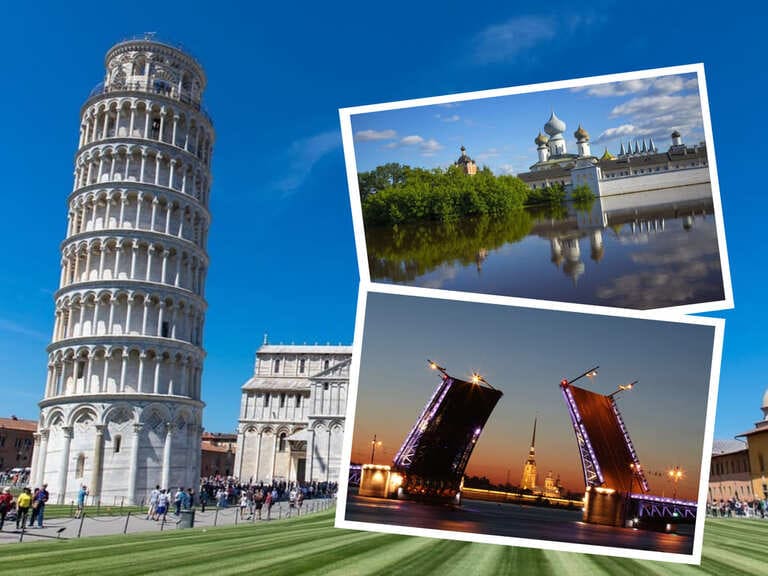In the intricate tapestry of legal systems, language serves as both a bridge and a barrier. It is the conduit through which laws, regulations, and contracts are communicated and understood. However, when legal matters transcend borders and languages, the need for precise translation becomes paramount. This is where the art and science of legal translations come into play, an intricate dance between linguistic expertise, cultural understanding, and legal acumen.
The Nuances Of Legal Translation
Legal translation is a skilled job that needs more than being able to speak two languages well. It demands a deep understanding of legal terminology, concepts, and frameworks in both the source and target languages. Unlike general translation, where the focus is on conveying the message accurately, legal translation goes a step further. It must preserve the legal meaning, intent, and context of the original text.
The complexities of legal language often stem from its precision and ambiguity. Legal documents are meticulously drafted to ensure clarity and specificity, leaving little room for interpretation. As such, legal translators must navigate a labyrinth of technical jargon, archaic phrasing, and jurisdictional idiosyncrasies. A single mistranslation or misinterpretation could have profound implications, leading to legal disputes, contractual breaches, or even miscarriages of justice.
The Role Of The Legal Translator
Legal translators serve as linguistic custodians, tasked with preserving the integrity and accuracy of legal documents across linguistic boundaries. Their job is more than just translating; they also need to know a lot about the cultures and law systems involved. Not only does one need to be fluent in the language, but also in-depth knowledge of the law in both the source and target languages.
Legal interpreters also need to have a strong attention to detail and a strong desire to be accurate. They carefully look over every word, phrase, and sentence to make sure that nothing gets lost or changed during translation. This level of close examination is especially important for legal documents like contracts, laws, and court decisions, where even the smallest mistake could have big effects.
The Challenges Of Legal Translation
Legal translation presents a myriad of challenges, ranging from linguistic nuances to cultural intricacies. One of the most formidable obstacles is the lack of direct equivalents between legal terms across languages. Concepts that are deeply rooted in one legal system may not have an exact counterpart in another, requiring translators to employ creative strategies to convey the intended meaning accurately.
Furthermore, legal texts often contain ambiguous or ambiguous language, leaving room for interpretation. Translators must navigate these linguistic minefields with precision and care, seeking to capture the nuanced nuances of the original text without imposing their own interpretation. To do this, you need to be good with words and also know a lot about the laws and ideas that are involved.
It is also hard to translate laws because of differences in society. In different places, the laws, rules, and customs are very different, which changes how legal ideas are presented and stated. This is something that translators need to keep in mind. They need to make changes to their work to make sure it works for the people they want to reach while still staying true to the original.
The Importance Of Quality Assurance
Given the high stakes involved, quality assurance is paramount in legal translation. Translation errors or inaccuracies can have far-reaching consequences, ranging from contractual disputes to legal liabilities. To mitigate these risks, reputable translation agencies employ rigorous quality control measures, including multiple rounds of review, proofreading, and validation by legal experts.
Also, advances in technology have changed the field of legal translation by letting interpreters use machine translation tools and software that helps them translate. While these tools can expedite the translation process, they are not without their limitations. Machine translation algorithms lack the contextual understanding and linguistic finesse of human translators, making them ill-suited for complex legal texts.
The Future Of Legal Translation
More and more people around the world need legal translation services as the world becomes more linked. Globalization, international trade, and cross-border litigation have fueled the need for accurate and reliable translations in legal settings. Moreover, the rise of digital technologies and online platforms has made legal information more accessible than ever before, transcending linguistic and geographical barriers.
Looking ahead, the future of legal translation lies at the intersection of human expertise and technological innovation. While advances in machine translation hold promise for streamlining the translation process, human translators will remain indispensable for handling complex legal texts with precision and nuance. Legal translators will continue to connect different legal systems and cultures by using technology to its fullest while maintaining the beauty of language. They will do this by making sure that justice is not lost in translation.
Conclusion
Legal translation is a delicate balancing act that requires both artistry and precision. Translating legal texts involves far more than converting words from one language to another; it requires a deep understanding of legal concepts, linguistic nuances, and cultural contexts. Legal translators serve as linguistic custodians, tasked with preserving the integrity and accuracy of legal documents across linguistic boundaries.
In an increasingly interconnected world, the demand for accurate and reliable legal translation services continues to grow. As technology continues to evolve, the future of legal translation will likely see a blend of human expertise and technological innovation. Legal translators will continue to be very important in making sure that justice isn’t lost in translation by using technology to its fullest while still keeping the beauty of language.














Leave a comment